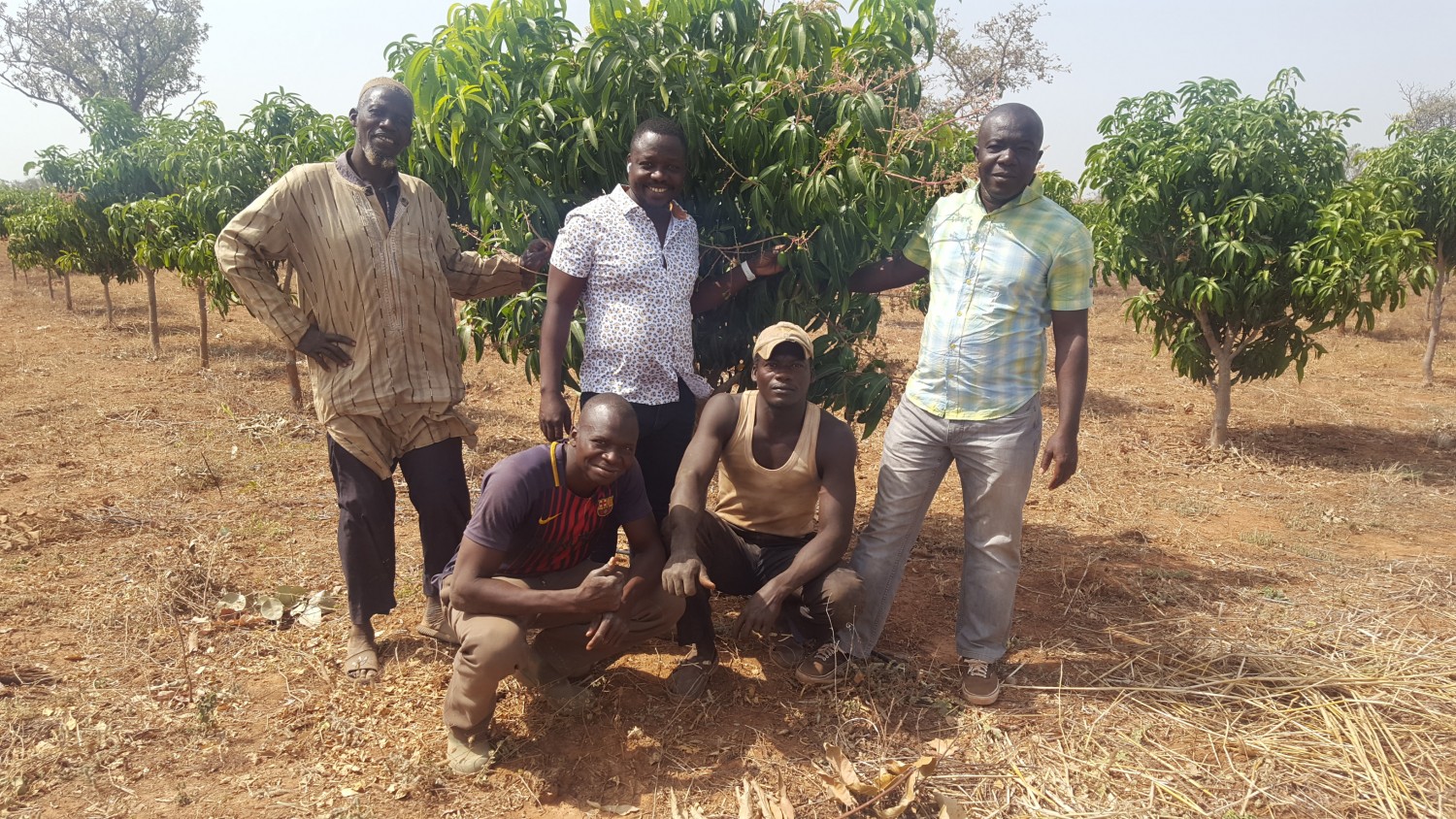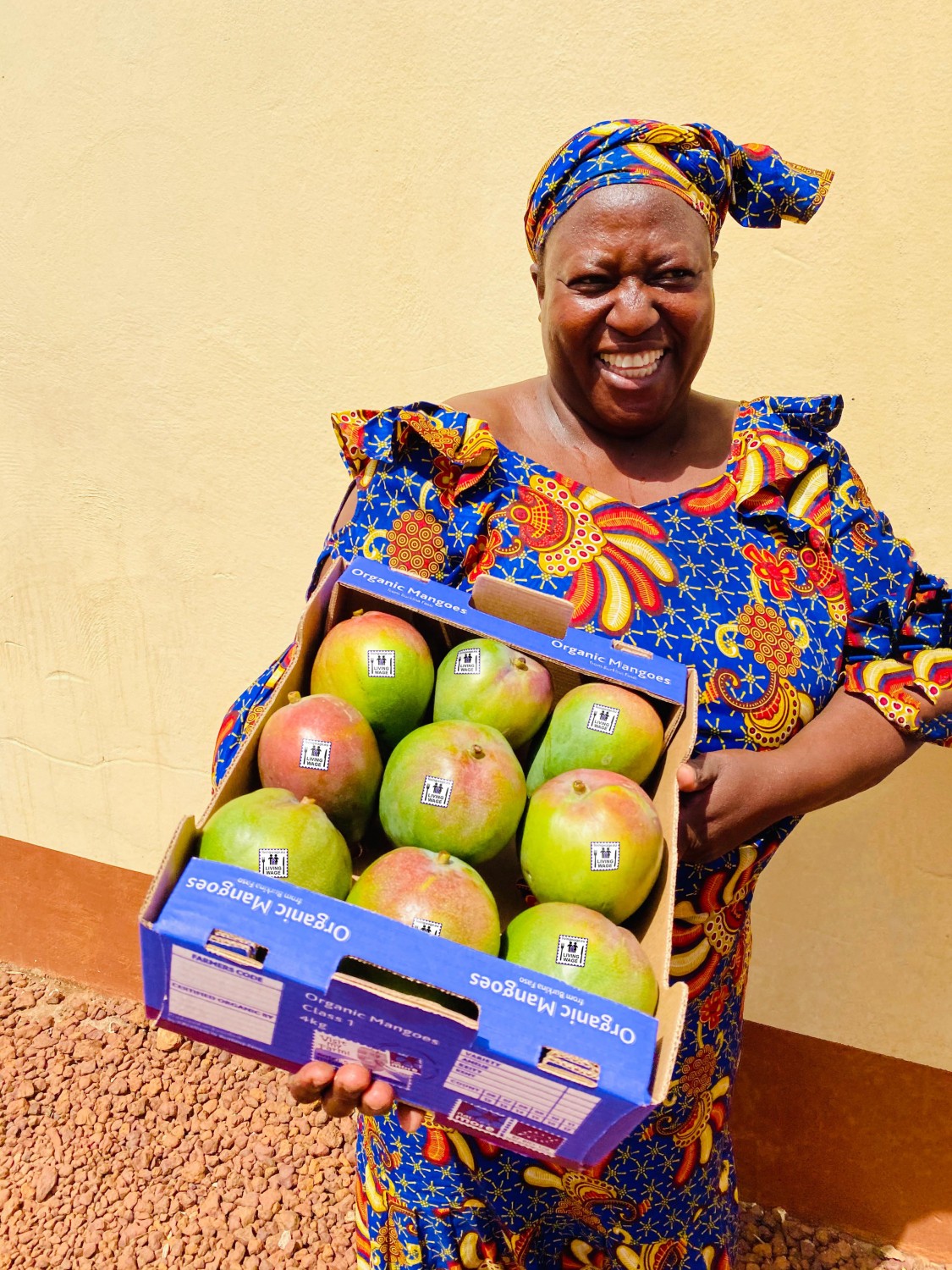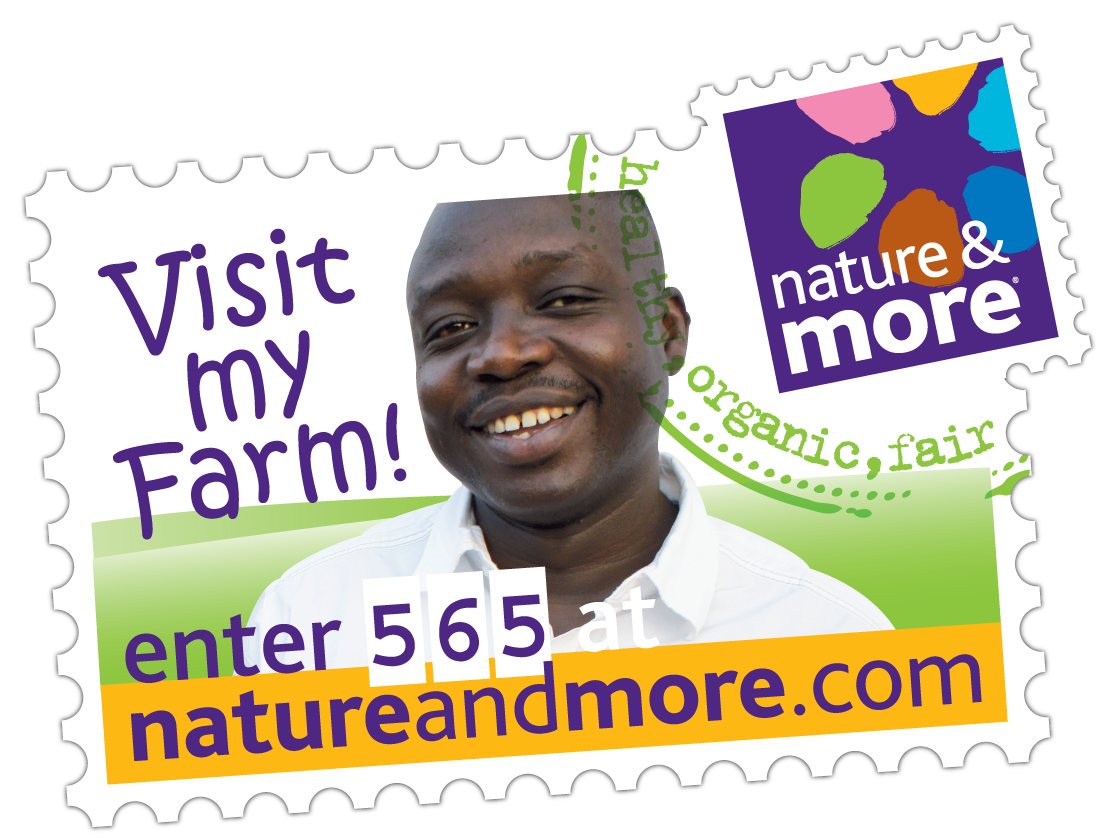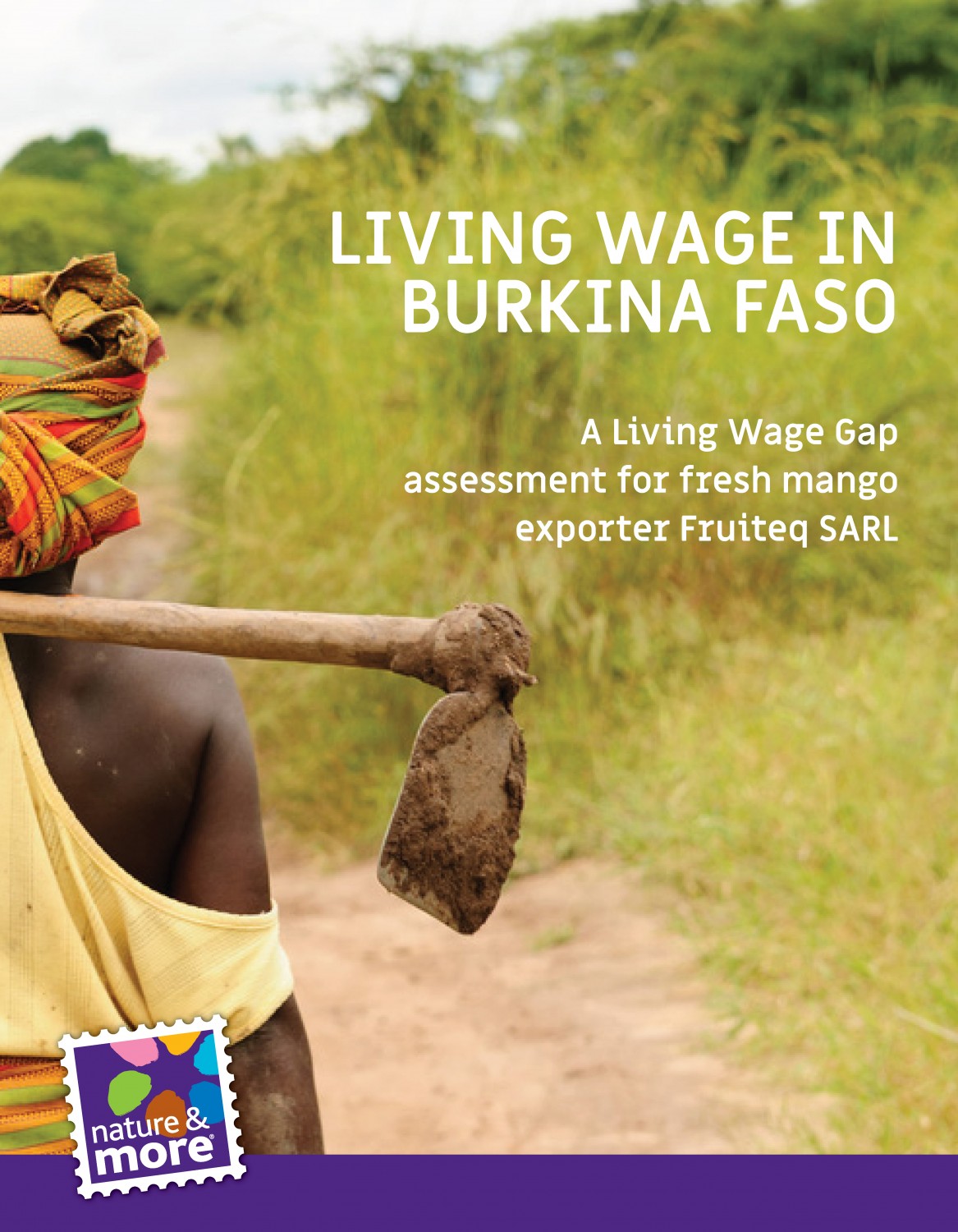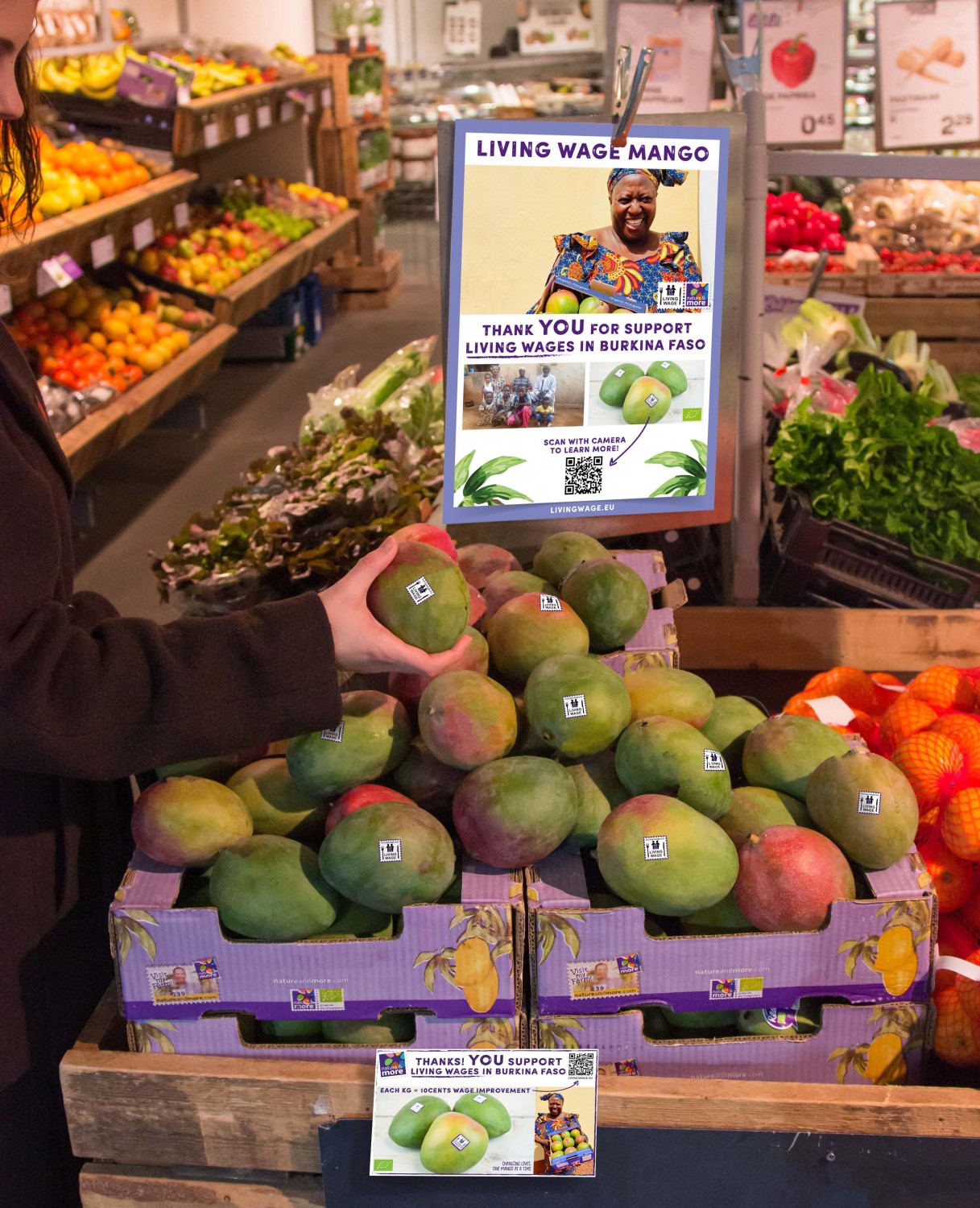Burkina Faso is a low income, landlocked Sub-Saharan African country with limited natural resources. The economy is heavily reliant on agriculture, with close to 80% of the active population employed in the sector.
Fruiteq was the first mango exporter in Burkina Faso, starting in 2002. Director Adama Zongo is the driving force behind this company, which aims to contribute to the development of people in Burkina Faso. Jobs are scarce in Burkina Faso and local people are eager to work for Fruiteq.
The company has done an outstanding job on creating a safe and healthy working environment for its workers. Together with Fruiteq, Eosta now takes social compliance a step further by starting to work towards a Living Wage.
A ground-breaking report
In the beginning of 2020 we assessed the Living Wage gap at Fruiteq. We collected data for each category of workers: farm workers, harvest workers, people working in the packing house and office personnel. If you want to read the full assessment report, you can find it HERE: [link]
Summary of results
In the infographs below you find the results. We also show the legal minimum wage and the official Poverty Line, as determined by the World Bank. Above the Poverty Line a person in Burkina Faso is considered to have a lower middle income. In 2018, 38% of the population was still below this threshold.
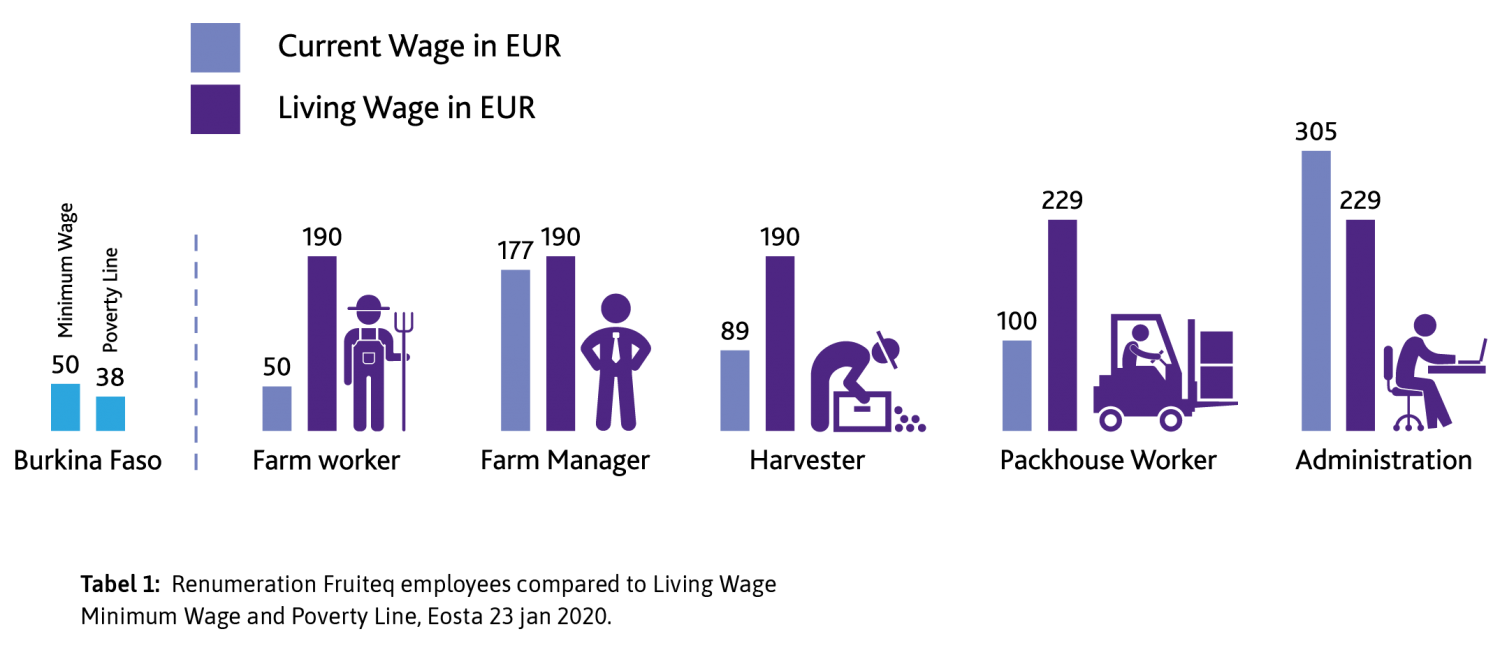
The Living Wage gap: 10 eurocents per kg of fruit
Below you can see how we calculated the Living Wage gap. To close the gap for all workers, an approximate amount of 82,000 Euro would be needed. Nature & More’s mango trade volume is approximately 840,000 kg per season. Therefore, the True Cost of the Living Wage gap per kg of fresh fruit is 0.10 Euro.
How to realise Living Wages at Fruiteq
Most Fruiteq workers are hired on a daily basis and many of them are hired through subcontractors or “pisteurs”. This is common practice in the Burkina Faso mango industry. Most of the employees only work during the mango season, which lasts a few months. Therefore, creative strategies need to be devised to make Living Wages for all workers possible. It’s important to also develop structural income outside the mango season. Part of the strategy will be to create access to micro-finance services so people can develop their own businesses.
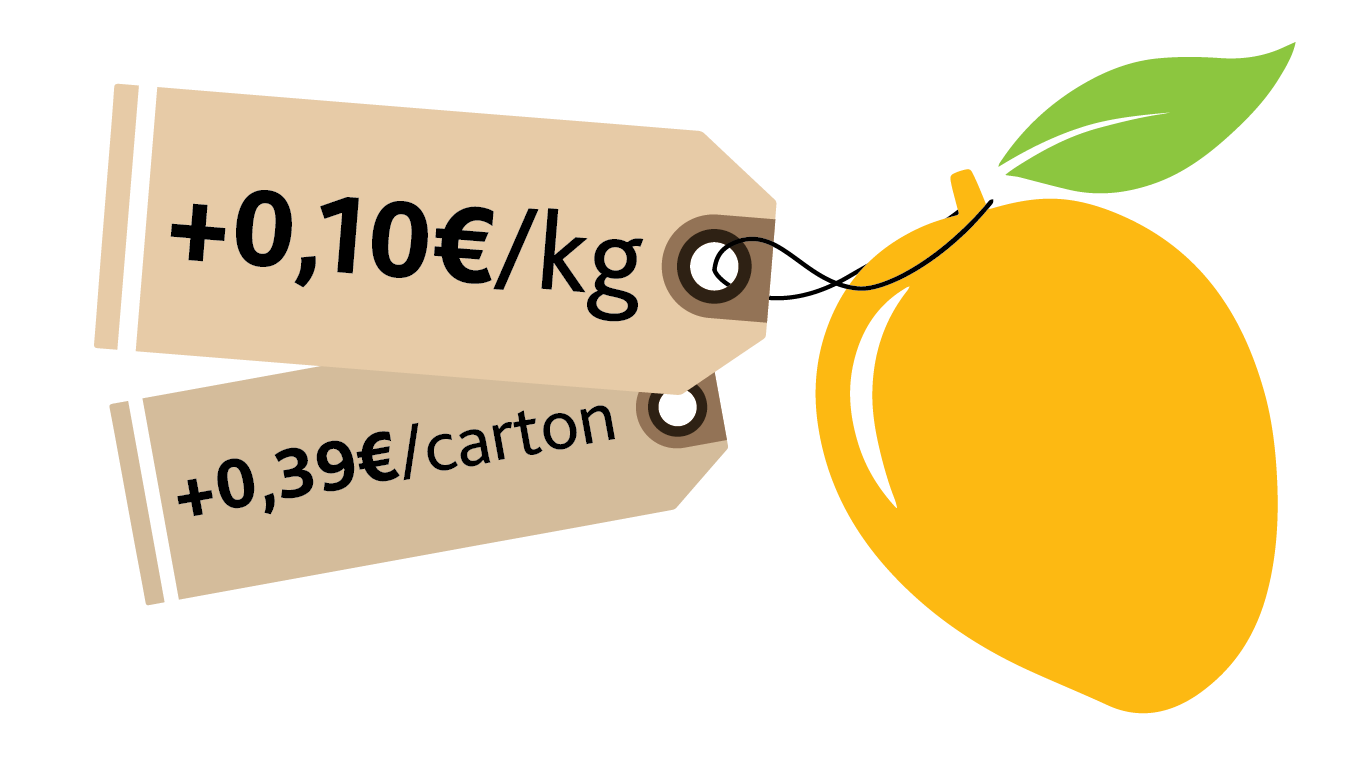
Let’s do this together
Eosta / Nature & More offers its customers the opportunity to buy Living Wage-inclusive mangoes. The mango will have a premium of 0.10 EUR/Kg, equal to the gap calculated in our assessment.
At the end of the season, the collected premium will be transferred to Fruiteq and a strategy will be formulated to invest the premium in long-term benefits and structural wage increase for the workers.
We will report yearly on invested amount, progress and wage increases.
*The benchmark we determined is based on data of the Wage Indicator Foundation. We did adjust the final level based on own findings and discussion with local partners in Burkina Faso.
